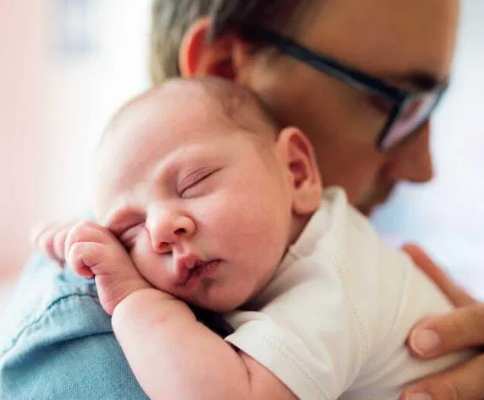Couples Are More Likely to Survive If Fathers Take Family Leave for Newborns

Fathers taking parental leave to spend time with their newborn child are 25 percent less likely to see their marriage or relationships end within a few years, says a new study from Ball State University.
“If I [Take] Leave, Will You Stay? Paternity Leave and Relationship Stability,” which was published in the November 2019 issue of the Journal of Social Policy, found evidence that fathers’ leave-taking is associated with more stable parental relationships.
The study’s lead author, Richard Petts, a Ball State sociology professor, found that couples were 25% less likely to end their relationship in the first six years following the birth of a child when fathers took leave as compared to couples where fathers did not take leave.
“Results suggest that increasing access to parental leave for fathers – and encouraging fathers to take this leave – may help to increase family stability,” he said. “Overall, our study suggests that fathers’ leave-taking may help to promote more stable parental relationships in the U.S., identifying an additional benefit of fathers’ leave-taking for families.”
The study also found that taking two weeks of leave or less is most likely to reduce the risk of relationship dissolution as couples were 29% less likely to end their relationship when fathers took 1 week of leave, and 25% less likely to end their relationship when fathers took 2 weeks of leave.
However, Petts found that taking three weeks or more of leave was unrelated to relationship stability.
“If taking leave provides fathers with time to learn to be an engaged parent, and parents’ time to establish equitable co-parenting relationships, it seems logical that more time on leave would be better for parents and help to strengthen parental relationships,” he said. “However, it is important to consider the cultural norms surrounding parental leave and the implications of taking more time off than is expected, or accepted, within a society.”
You Might Also Like






